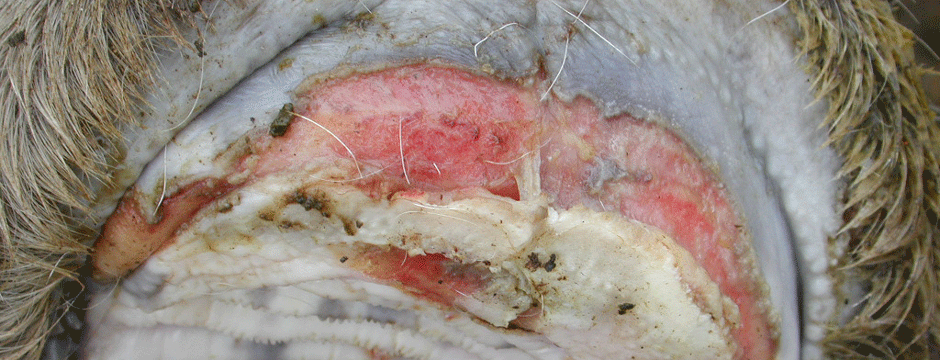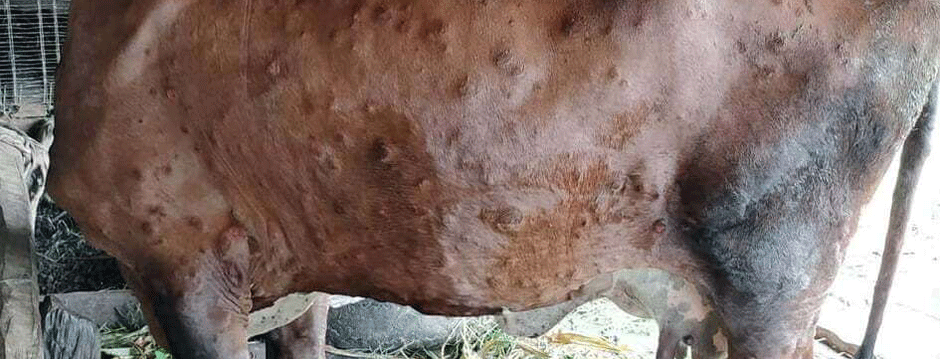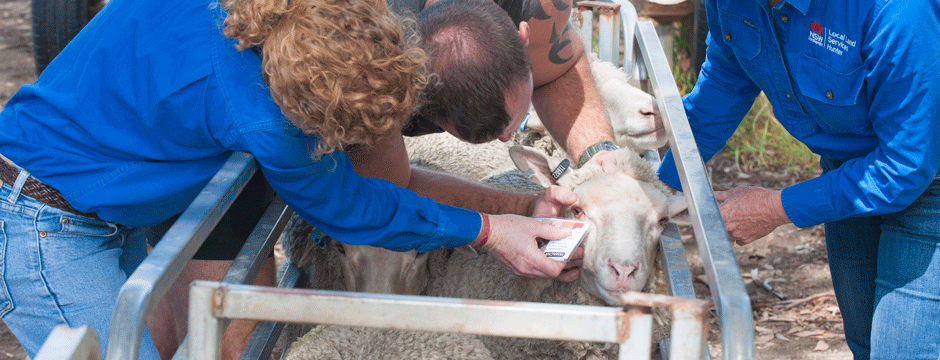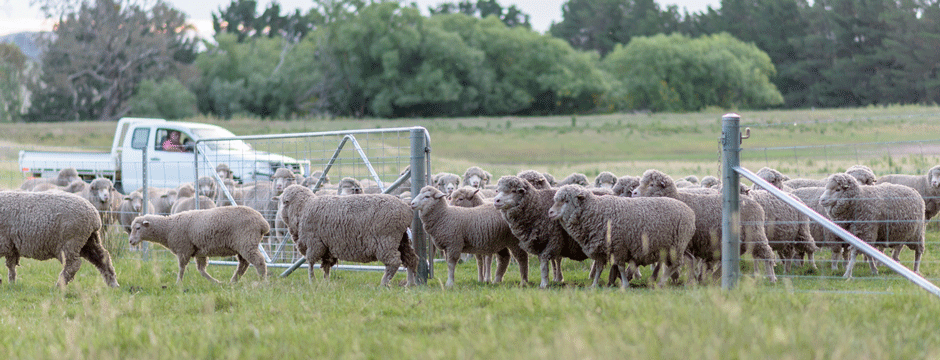
Emergency Animal Disease
Australia currently has a disease-free status for foot and mouth disease and lumpy skin disease, however all landholders need to play an active role in monitoring and reporting any suspect cases of emergency animal disease.
EAD HOTLINE
If you suspect an emergency animal disease, call the EAD Hotline immediately. The Australia-wide hotline is available 24 hours a day, every day of the year. This option must be used if a producer knows or suspects that a notifiable disease is present in animals or livestock (with the exception of bees).
What are emergency animal diseases?
An Emergency Animal Disease (EAD) is:
- a known disease that doesn’t normally occur in Australia, and is considered in the national interest for the country to be free from that disease,
- a variation of a disease that does occur in Australia, and would have a national impact,
- a serious infectious disease of unknown or uncertain cause, which may not be on the national list of emergency diseases, and/or
- a disease that occurs sporadically in Australia, but is occurring in such a severe outbreak form that an emergency response is required.
Risk of foot & mouth disease and lumpy skin disease
These emergency animal diseases have recently been reported in countries close to our international borders. This is a stark reminder of the risk that exotic diseases play and our shared role in protecting our agricultural industry.
Your support is essential to protect NSW’s clean reputation and ensure ongoing market access.
It is critical that you:
- LOOK: Know what these diseases look like and keep an eye out for the signs
- CHECK: Check your animals regularly
- ASK A VET: Call the EAD Hotline 1800 675 888 to report your observations and get further advice
Join our dedicated biosecurity mailing list to get the latest updates
Foot and Mouth Disease
Foot and mouth disease is a highly contagious animal disease that affects all cloven-hoofed animals including cattle, sheep, goats, camelids, deer and pigs. It does not affect horses.
Lumpy Skin Disease
Lumpy skin disease is a highly infectious viral disease, primarily spread by biting insects, that affects all breeds of cattle and water buffalo. It does not affect other types of livestock or humans.
Find your nearest District Vet
Local Land Services staff are on the ground to help you protect your livestock and industry from these exotic diseases. Working with landholders on disease control to monitor and report emergency animal diseases is one of our key roles.
Talk to your Local Land Service office or LLS District Vet for help to develop your emergency animal disease response plan.
Recordings of past EAD information sessions are available to watch online.
Do you have an emergency animal disease response plan?
Biosecurity is a shared responsibility and landholders need to actively monitor for these diseases and report any suspected cases.
Effective surveillance, early detection, transparent reporting, and rapid response mechanisms are key to preventing and controlling emergency animal diseases.
Learn more about Emergency Animal Diseases
Know what to look for.
Landholders need to actively monitor livestock for signs of emergency animal diseases. The information below will help you identify and report suspect cases:
- Identifying foot and mouth disease
- Identifying lumpy skin disease
- Know how to protect your farm from diseases
- Understand the risks of swill feeding pigs
- View more EAD downloads and resources.
Emergency Animal Disease Prevention
Following the NSW Government’s announcement of $65 million in additional investment in emergency animal disease prevention, Local Land Services has been given the responsibility of delivering a $22.83 million Foot-and-Mouth Disease (FMD) Prevention and Preparedness Program.
Land managers and Local Land Services need to continue to work together to ensure we protect primary production and native animals from exotic diseases like FMD. As part of our broader EAD prevention strategies, we are piloting a pest control program that targets selected zones for intensive control activities. Find out more about Intensive Pest Control Zones.




